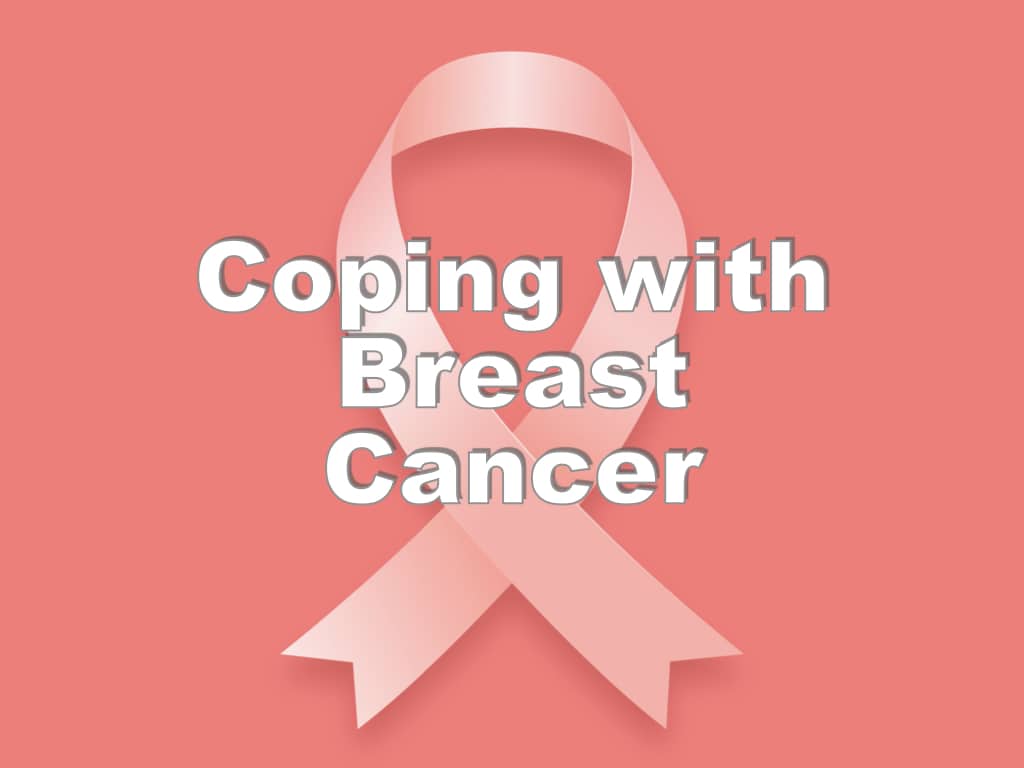Practically and emotionally adjusting to a breast cancer diagnosis can be very challenging. You must mostly feel quite uncertain and worried about the future. Thus making it difficult to think of anything else but your disease.
A few of your plans might no longer seem possible. But you have no reason to give up on all of them. You might have to make some changes. Whereas it does not matter where you are in your breast cancer journey. Because nurses and doctors are there to support you along the way. So, asking questions and getting in touch with them is important. Moreover, reading about those who fought the battle against cancer can help, too. The best stories are about the warriors that lost the battle. So you can start looking for obituaries of our brave cancer fighters to learn more. However, you’ll find the following material helpful in helping you cope.
Your feelings matter
When you learn you have cancer, you can experience a range of emotions. It could be difficult for you to process anything further that you hear. Because it is likely to make you shocked and upset. But you might as well feel differently than this. Thus, you’ll be feeling many different emotions at once including numbness and fear. This also includes feeling guilty as well as sad.
You might experience them all at once or a few at a time, leaving you worn out. Because everyone responds differently. And it can also be challenging to accept that you even have cancer at times. So, to help you cope, you must always act in your best interests.
How secondary breast cancer might make you feel
If you have secondary breast cancer, it’ll be difficult to accept that there’s no cure for it. Unluckily, secondary cancer is rarely curable. However, with the right care, the disease’s symptoms can often be controlled. So, try and speak with your doctor or nurse to learn more about your diagnosis. What is likely to happen, the treatments available to you, and how they can benefit you? Don’t hold back how you feel learning about it.
Reaching out for help
Your partner, family, or close friends are the people you feel you should be sharing your feelings with. But this can be challenging for you, though. Alternatively, you might need to reach out to some professional for help. While all kinds of emotions come and go; some may surface unexpectedly.
Physical changes
Physical changes are likely to result from breast cancer and therapy. These could have an impact on how you feel about yourself. Because your self-esteem and how you interact with other people can be negatively impacted. After surgery, some women may continue to have some discomfort in their breasts. So, try and discuss this with your doctor or nurse; they may suggest medication to help.
Fatigue
During therapy, fatigue and sluggishness can be an issue. Hence, a combination of relaxation and light exercise may be helpful.
Symptoms of menopause
You may experience hot flashes as a result of some treatments that can trigger early menopause. However, if you intend to bear children in the future, you may find it very difficult to deal with this. Before starting your therapy, remember to discuss this with your doctor in detail. Because it may be possible to preserve your embryos.
Feeling as good as possible
It is crucial for you to feel as good as you can. Hence, you should discuss any symptoms you experience with a nurse or doctor so they may help in managing them. They have a great deal of experience managing cancer symptoms, including pain, illness, etc. Moreover, they also offer you with the emotional support you need.
Helping oneself
If you are aware of your specific cancer and treatment options then you could find it easier to make decisions. Because having an idea of what to expect is helpful. Thus, before you see the doctor, write down a list of questions. Bring someone to accompany you. They may also aid in your memory. Because you’ll feel stressful with so much information coming in.
If you need to, ask doctors and nurses to go over things again. You can always ask for more details whenever you are ready. Each time you require help, ask.
Managing practically and financially
You and your family may need to deal with some practical issues: finances, financial assistance, job, childcare, etc. So, find out who can help by asking your doctor.
Getting help with these issues at an early stage may prevent them from becoming major problems. Moreover, a visit to a social worker might be beneficial. They can advise you on the grants or benefits you are eligible for. Further assisting you with the application process.
Support and Discussion
You can get help by discussing your disease with your friends and family. However, other people may not want to talk about it as they might be uncomfortable. You might also favor visiting a therapist.
Cancer Forum & Support Groups
In an online forum or going to support groups, you can talk to other cancer patients. This can be very helpful.
Professional Nurses
A clinical nurse specialist follows you from the time you receive a diagnosis, through your treatment and into follow-up. Also, they can provide you with the information and assistance you require if you have trouble coping.
Spiritual guidance
Some individuals find a lot of comfort in religion. Hence, you might find it helpful to speak with a local pastor, a hospital chaplain, or a religious leader.
In conclusion, receiving a breast cancer diagnosis is a life-altering experience that can be difficult on many levels. However, the good news is that you have your doctors, family, friends, and many support services by your side. Even though the journey may be challenging, you can confront your diagnosis with bravery. Especially when you get the correct guidance and support. So, you can visit the Obituary App for Android to learn about our brave cancer fighters.




